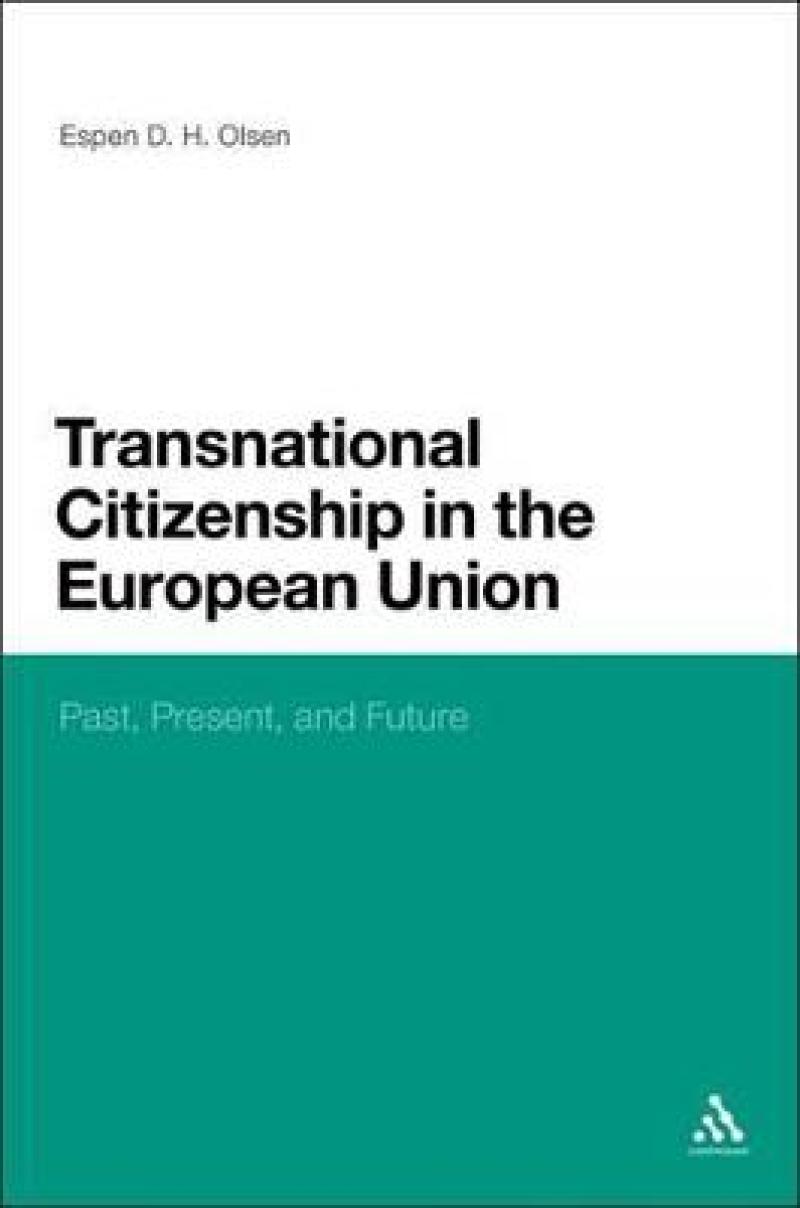This book argues that European citizenship is transnational, a status that has emerged incrementally during the European integration process. Transnational Citizenship in the European Union follows an institutionalist approach and traces the development of citizenship discourse from the founding treaties of the EU to the most recent effort of constitution-making and the Lisbon Treaty. This helps demonstrate that such discourse has followed a path based on the foundational principles of free movement and non-discrimination rather than revolutionary ideas of a postnational citizenship beyond the nation-state. This in-depth analysis of citizenship in the EU takes into account the institutional configuration of membership, rights, identity, and participation. It also brings in the domestic level of the debate through the examination of national positions on reform proposals and the interplay between EU and member states conceptions of citizenship. Lastly, by investigating citizenship practices, the book helps foster understanding of how the EU works as a political system, and the relationship between European institutions and the recipients of their integrative politics , i.e., the citizens.
Les mer
Introduction: The Challenge of European Citizenship; Chapter 1. From Paris and Rome to European Elections; Chapter 2. The Spinelli Project; Chapter 3. Europe of 'No Borders' ; Chapter 4. The Maastricht Process; Chapter 5. Post-Maastricht Discourse on Citizenship; Chapter 6. The Convention on the Future of Europe; Chapter 7. Bringing the Domestic In: European Projects, National Traditions, and Citizenship in the EU; Conclusions; Timeline of European Integration and the Issue of Citizenship. References.
Les mer
"Olsen critically examines claims about the supposed supranational or postnational nature of EU citizenship and concludes instead that it is transnational: despite increasingly complex multilevel and international configurations of rights and membership, citizenship in Europe remains tied to established political communities. A wonderful addition to the literature on the most significant and exciting transformation of citizenship and nationality in the contemporary world." - Willem Maas, York University
Les mer
This book argues that the idea and institution of European citizenship is a transnational border-crossing status rather than a postnational ‘transformation' of modern citizenship.
Uses a theoretical framework that encompasses issues of membership, rights, identity, and participation.
Produktdetaljer
ISBN
9781441116932
Publisert
2012-05-03
Utgiver
Vendor
Continuum Publishing Corporation
Aldersnivå
P, 06
Språk
Product language
Engelsk
Format
Product format
Innbundet
Antall sider
208
Forfatter
